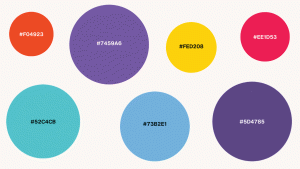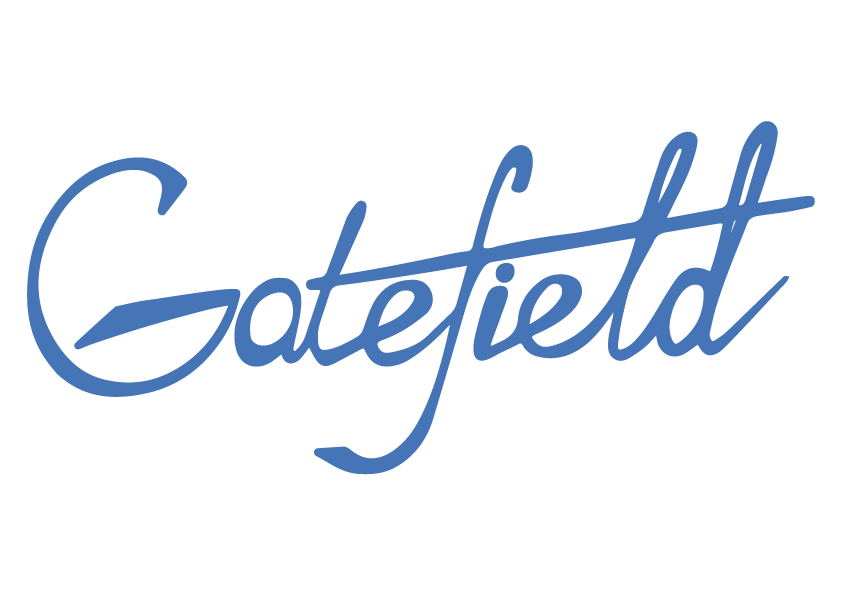Partner: Heinrich Böll Foundation
Location: Nigeria
Challenge
Gender inequality remains deeply entrenched in Nigeria, hindering women’s full participation in decision-making processes and societal progress. In Nigeria, 98% of women lack access to finance and economic opportunities. Girls make up 60% of the 20 million out-of-school children and 30% of girls aged 9 and 12 years have never been to school. According to the World Health Organisation, Nigeria is the 4th worst country to be a mother. At least a third of Nigerian women have experienced gender-based violence. Despite progress toward gender equality, systemic barriers persist, necessitating concerted efforts to advance policies that empower women and promote gender equity. Our project aimed to address this challenge by championing feminist policymaking, recognizing the importance of gender as a fundamental social construct that shapes experiences, opportunities, and outcomes.
Approach
Amplifying Voices and Demands
Charter of Demands: Consulted stakeholders using qualitative research methods and workshops and identified five key demands encompassing critical issues like economic empowerment, maternal health, political representation, ending gender-based violence, and protecting women in conflict settings. These demands were articulated into a “Charter of Demands” which served as a rallying point for awareness and advocacy.

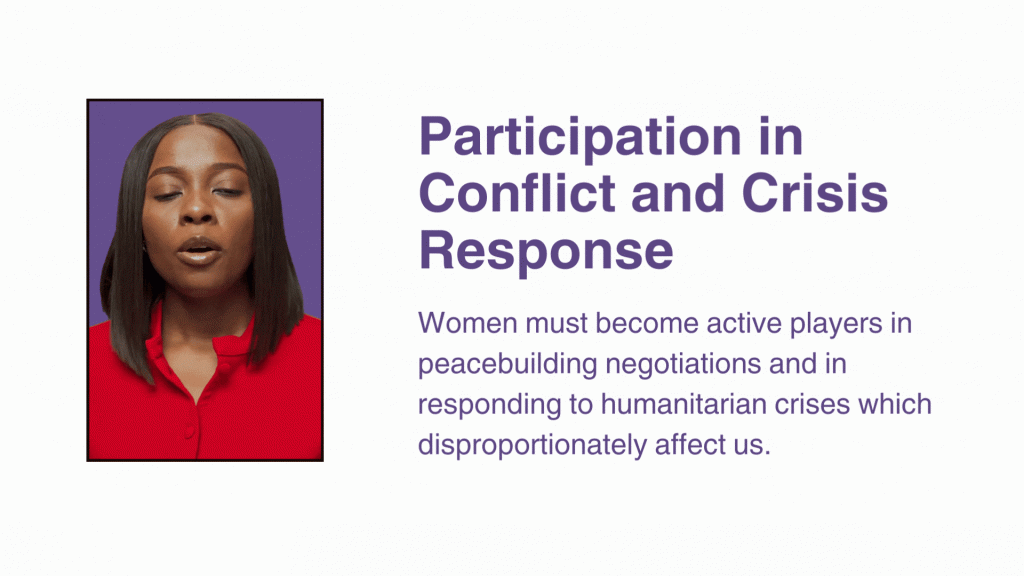
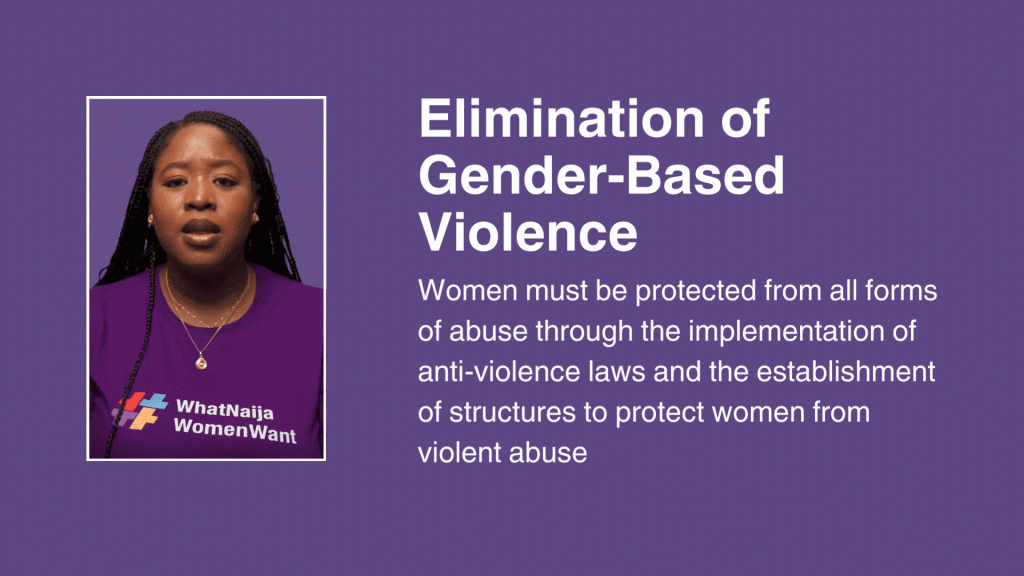
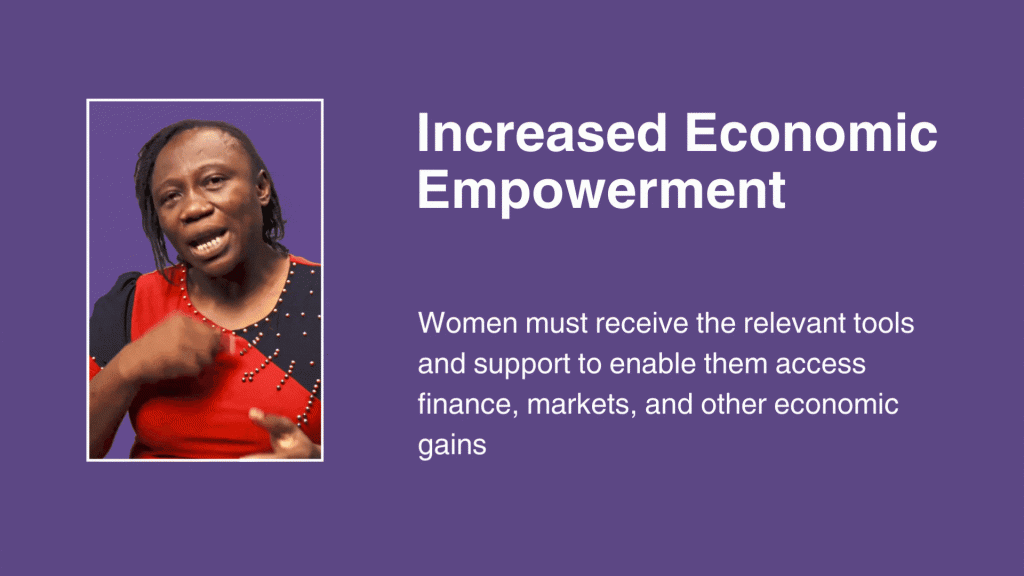
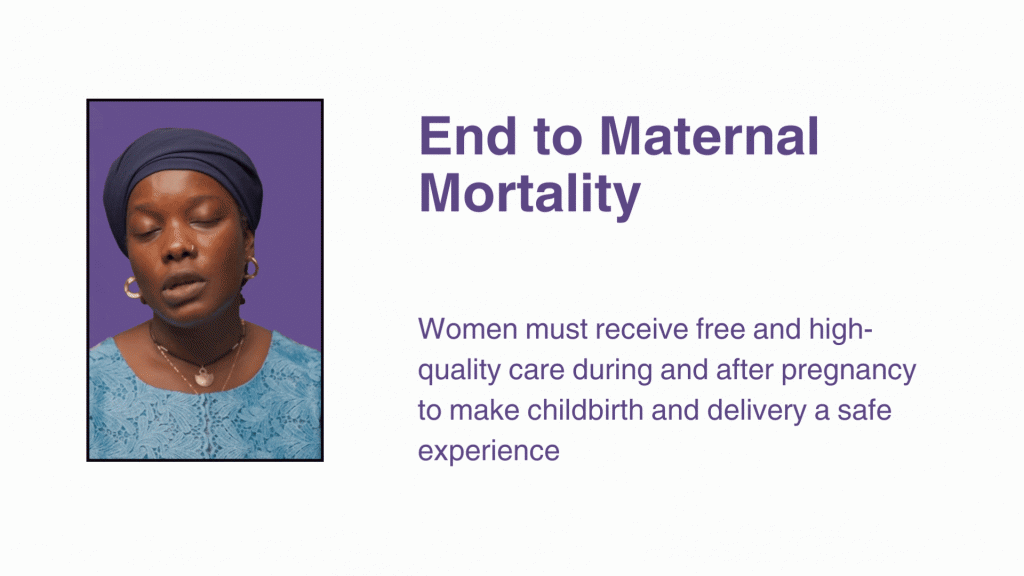
– Digital Advocacy: Launched a digital media campaign #WhatNaijaWomenWant that involved content creation, petitioning, and ally building. The campaign strategically deployed creative and user-generated content and actions across the anticipation, awareness, and pressure phases.
Equipping Policymakers and Advocates
– Feminist Policymaking Toolkit: Produced a toolkit on gender-inclusive policymaking to equip policymakers and gender advocates with essential guidance on the design and advancement of feminist policies.
– Stakeholder convening: Directly engaged more than 60 policymakers, advocates, and civil society actors towards securing government’s commitment to advancing gender equality.
Impact
– The campaign reached 10 million people and mobilized 3,000 actions, effectively raising awareness and garnering support for feminist policymaking.
– Over 40 government agencies were engaged and trained on feminist policymaking principles, resulting in commitments for increased gender-sensitive policymaking.
By amplifying women’s voices, dismantling barriers, and equipping policymakers, this project made significant strides toward fostering a more equitable and inclusive Nigeria. The success achieved underscores the importance of continued advocacy and collaboration in driving feminist policy change and advancing gender equality.
Storytelling
Brand


